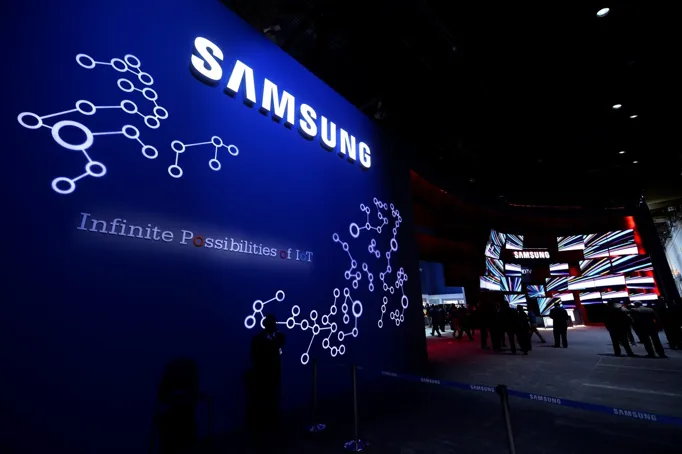Samsung Electronics, the world’s largest manufacturer of memory chips and smartphones, is bracing for a significant disruption as its workers plan to go on strike from July 8 to July 10. The strike, organized by the National Samsung Electronics Union, marks a pivotal moment in South Korea’s labor history, as it could be the first large-scale industrial action at Samsung’s electronics division.
Key demands from the Union
Higher wages: Workers are pushing for a more substantial increase in wages, reflecting the company's strong financial performance.
Improved working conditions: The union is seeking better conditions in terms of job security, work-life balance, and safety measures.
Enhanced benefits: Employees are also demanding improved benefits, including better health care and retirement plans.
The strike is expected to involve workers from Samsung's key manufacturing plants and offices, potentially impacting the production and delivery of its popular products, including smartphones, semiconductors, and home appliances.
The Call to Strike
The union, which represents thousands of Samsung Electronics employees, announced the strike after negotiations over wages and working conditions reached a stalemate. Despite several rounds of talks, the union and company management failed to agree on key issues, prompting the union to take this drastic step.
Samsung's Response
Samsung Electronics, a critical player in the global technology supply chain, has expressed its disappointment with the strike decision. The company has reiterated its commitment to resolving the disputes through dialogue and negotiation but has also signaled its preparedness to manage the impact of the strike on its operations.
A Samsung spokesperson stated, “We are deeply concerned about the disruption this strike may cause to our business and our customers. We are committed to finding a resolution that respects our employees' needs and supports our operational goals.”
Economic and Market Implications
The planned strike comes at a challenging time for Samsung and the broader tech industry. Global supply chains are already strained, and any disruption in Samsung’s production could exacerbate the shortages of key components like memory chips and smartphones. This strike could have ripple effects across industries that rely on Samsung's technology.
Potential Impacts
Supply Chain Disruptions: Delays in production and shipments of semiconductors and consumer electronics could affect manufacturers worldwide, from automotive to smartphone companies.
Stock Market Volatility: Samsung's shares have seen fluctuations following the strike announcement. Prolonged industrial action could lead to further market instability.
Economic Consequences: As a major contributor to South Korea’s economy, disruptions at Samsung could have broader economic implications, potentially affecting GDP growth and trade balances.
Analysts are closely watching how Samsung manages the situation. According to a report from Bloomberg, prolonged disruptions could lead to significant financial losses, not just for Samsung but also for its global partners and customers.
Broader Labor Movement
The strike at Samsung is part of a broader trend of increasing labor activism in South Korea, where unions are becoming more vocal about workers' rights and corporate responsibilities. The country has seen a rise in labor disputes across various industries, reflecting a growing assertiveness among workers seeking fairer wages and better working conditions.
In recent years, South Korean unions have gained strength and visibility, leading to more organized and impactful industrial actions. This strike, involving one of the country's most influential corporations, could set a precedent for future labor relations in South Korea.
What’s Next?
As the strike dates approach, all eyes will be on Samsung and its union to see if a last-minute agreement can be reached. The company’s ability to navigate this crisis will be crucial in maintaining its operational stability and reputation.
For now, businesses and consumers should prepare for potential delays and disruptions. Those in the tech industry, in particular, should monitor the situation closely and consider contingency plans to mitigate the impact on their supply chains and production schedules.





